Our locations:
Our locations:
- Miranda
- Bondi Junction
- Hurstville
- Sydney CBD
The human foot and ankle structure contains 26 bones, 33 joints and 29 muscles, making it one of the most complicated mechanical parts of the body. Your foot is responsible for supporting your entire weight, but accommodates forces as much as three times greater when running and jumping, such as when playing netball or any other high impact sport that involves running and jumping.
There are around 8,000 nerves in your feet, more nerves per square centimetre than anywhere else on the body, thus it’s no surprise that chronic foot pain feels so unbearable.
If your condition hasn’t responded well to pain relief treatments or other non operative modalities, you may require foot surgery. The type and severity of the foot injury will determine which surgical route is most effective for you.
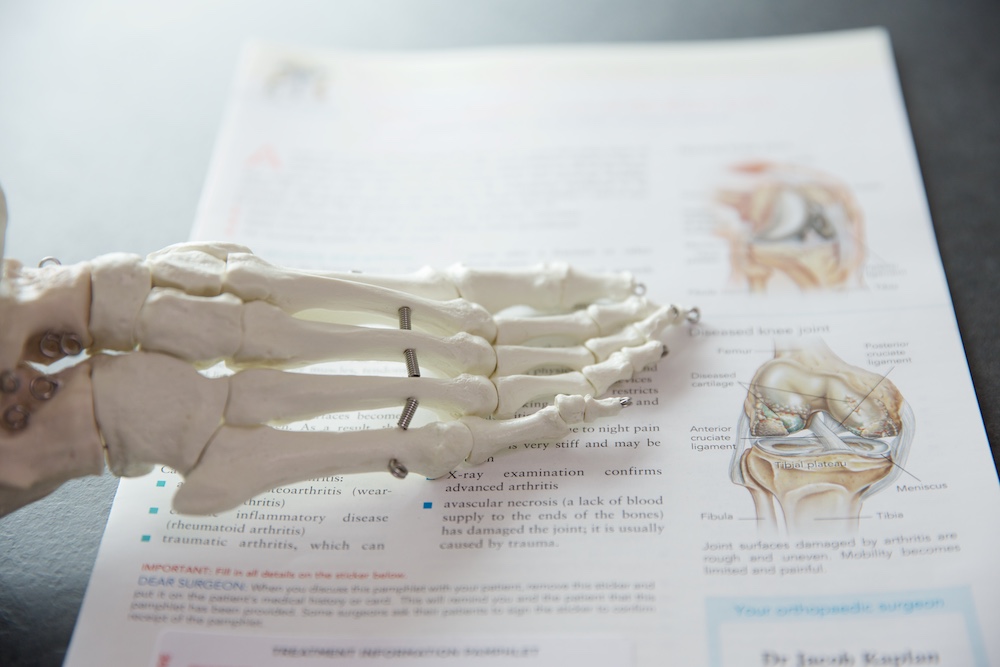
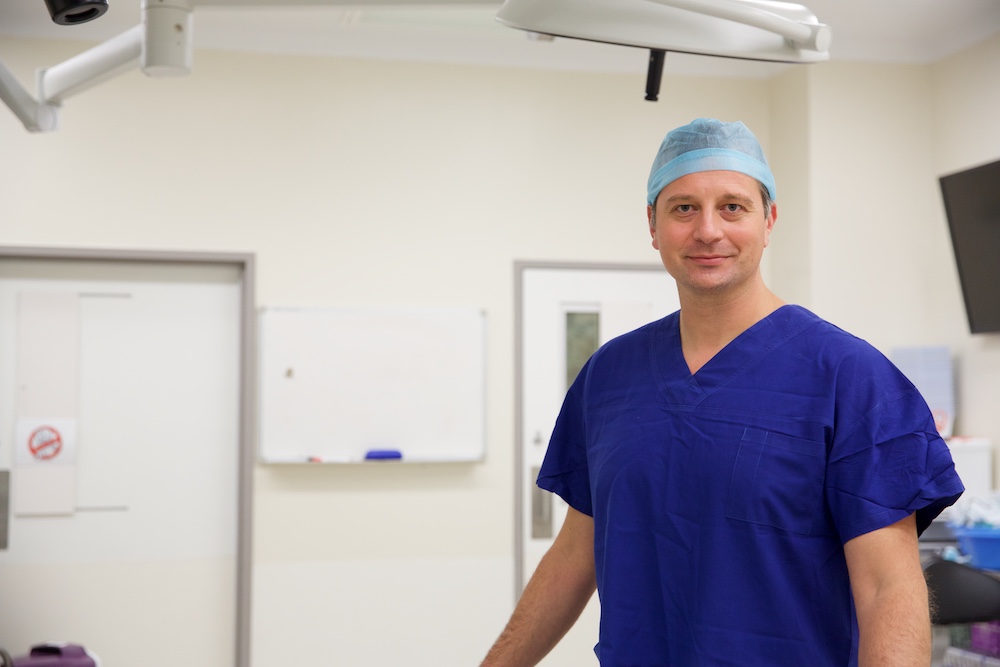
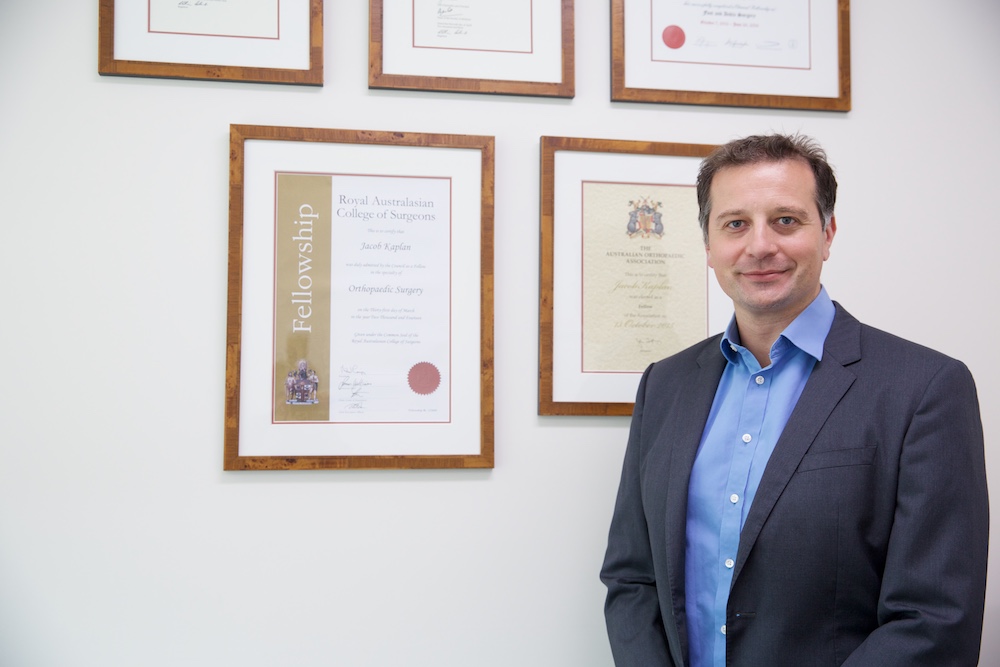
After the initial discomfort following surgery, you can begin the gradual journey of strengthening the muscles, ligaments and tendons of the foot. Foot rehabilitation programs are designed to build up soft tissues for the best long-term results.
Recovery from foot surgery varies case by case. Most people will be able to stand and walk unassisted somewhere between 6 and 12 weeks after surgery. However, it will take significantly longer before you will be able to resume all of your usual activities.
Foot surgery recovery time can be anywhere between 6 and 12 months although intensive exercise is possible, though this will depend on the severity of the condition and patient commitment to rehabilitation. It’s important to start slowly with simple stretches and low-impact exercises.
A surgical fee estimate will be given to the patient to ensure fully informed financial consent prior to operation.
If private care is preferred, costs can rise depending on the foot and ankle surgery type, principally the amount of work required, supplementary treatments or medication, as well as time spent at the medical care facility. Should you require surgery after consultation with Dr Kaplan, fully informed financial consent will be obtained prior to operation with provision of our detailed surgical fee estimate.
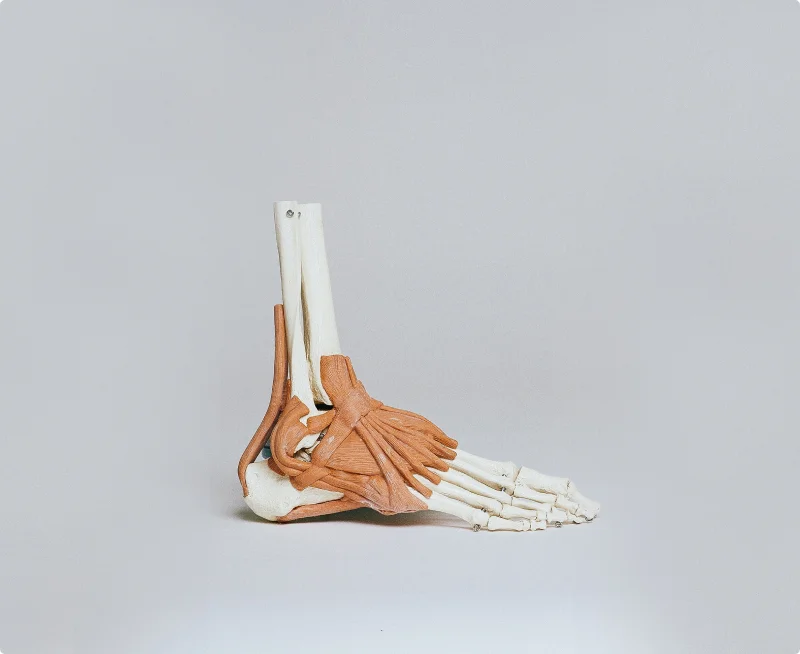


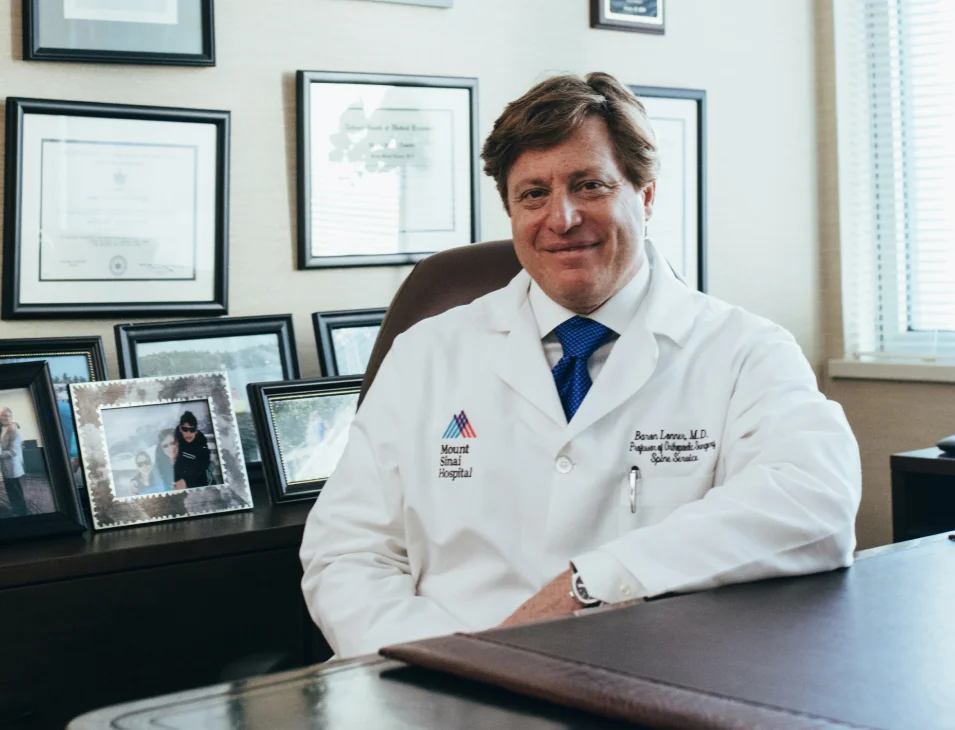

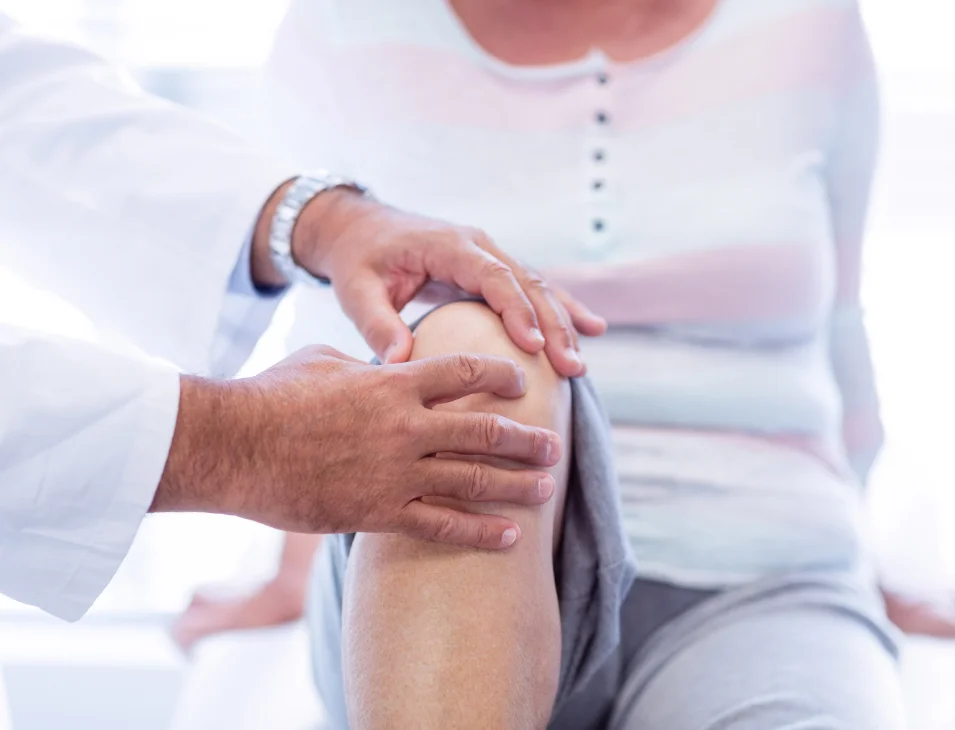
Hospitals operated at:
© 2014-2022 Knee, Foot and Ankle Surgery. All rights reserved. Made by Shtudio in 2022.